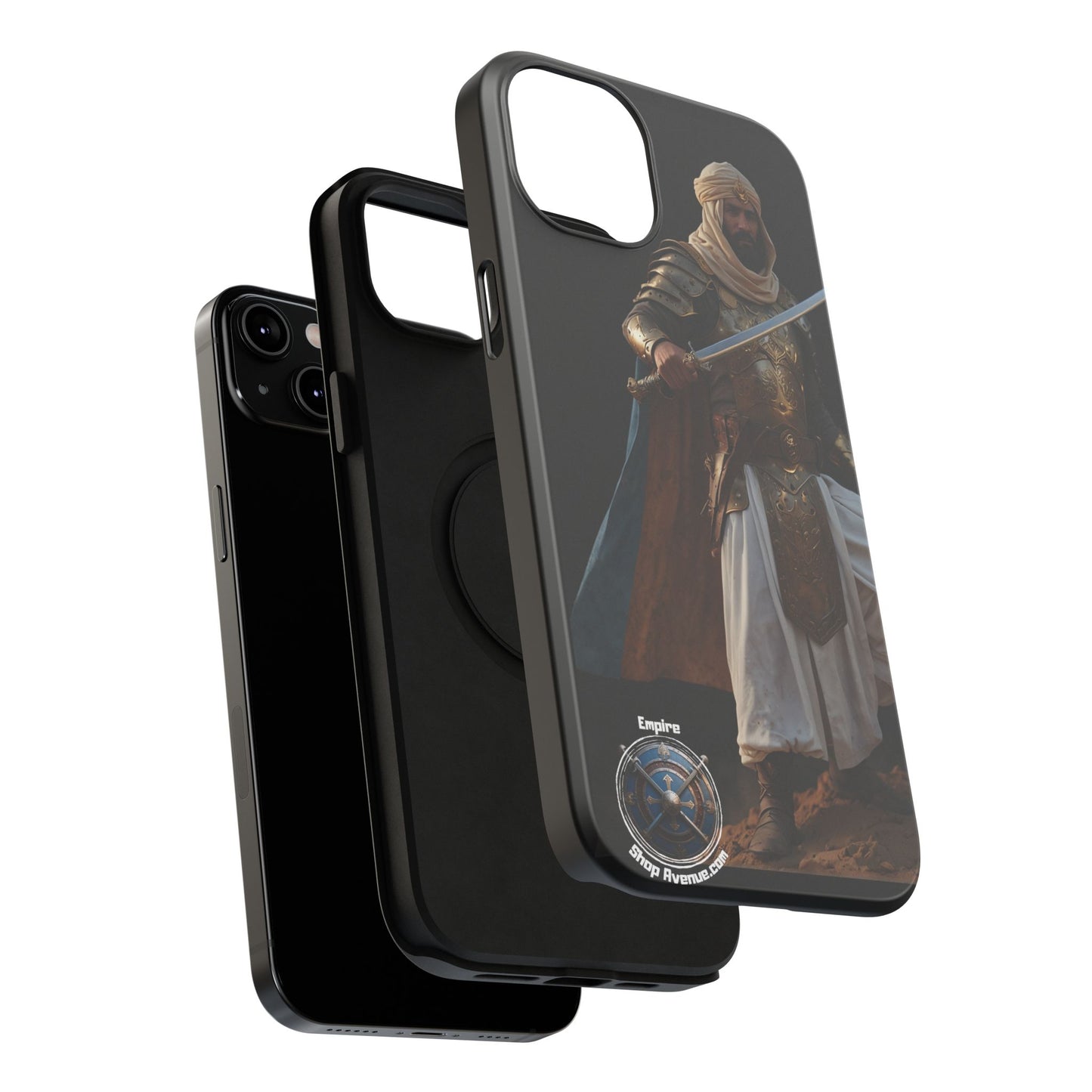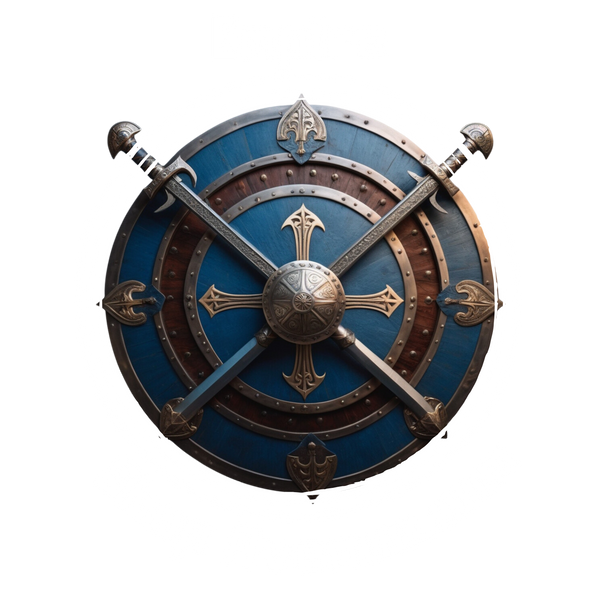Hannibal Barca

Hannibal Barca
Hannibal Barca: Rome’s Worst Nightmare
Hannibal Barca. His name still echoes as a threat in Roman history. Born in 247 BC (in today's tunisa), this Carthaginian general was the son of Hamilcar Barca, a formidable military leader. From childhood, Hannibal swore eternal hatred against Rome.
At 29, he embarked on one of the most daring military feats: crossing the Alps with an army and elephants to strike Rome at its heart. His plan? Surprise the Romans by attacking from the north—an unthinkable strategy at the time.
In 216 BC, he inflicted one of the worst defeats in Roman history at the Battle of Cannae. Surrounded and massacred, over 50,000 Roman soldiers fell in a single day. Rome trembled, but did not surrender.
Despite his victories, Hannibal never managed to capture Rome. After 15 years of fighting in Italy, he was recalled to Carthage to defend his homeland. At Zama (202 BC), he faced Scipio Africanus and suffered his only major defeat.
Forced into exile, he spent his last years hunted by Rome before taking his own life in 183 BC. But his military genius remains a reference, studied even today.
Hannibal: The Man Who Almost Destroyed Rome
Hannibal Barca was one of history’s greatest generals. His audacity and military intelligence nearly brought the Roman Empire to its knees.
During the Second Punic War, he led an epic campaign: after conquering Spain, he crossed the Alps with his troops and elephants, launching a surprise attack on Rome. In 216 BC, at Cannae, he annihilated the Roman army with a perfect encirclement strategy.
Yet, despite this stunning victory, Hannibal never took Rome. His Italian allies abandoned him, and the Romans, refusing to surrender, adopted a war of attrition.
Called back to Carthage, he faced his rival, Scipio Africanus, at the battle of Zama (202 BC). This time, Rome won. Hannibal went into exile, spending his life fleeing from his enemies before choosing death over capture.
But his legacy endures: Napoleon and other great generals studied his strategies for centuries.
Hannibal Barca: The Art of War
Hannibal Barca was not just a general; he was a master strategist. From a young age, he learned the art of war from his father. His obsession? Destroying Rome.
When he crossed the Alps with an army of 50,000 soldiers, 9,000 cavalry, and 37 elephants, the world was stunned. No other war leader had ever dared such an exploit.
His victories in Italy were legendary, particularly the Battle of Lake Trasimene and, above all, Cannae, where he annihilated a much larger Roman force.
But Hannibal faced a relentless enemy: time. Rome refused to collapse and waged a war of attrition. Finally, in 202 BC, Scipio Africanus turned the tide and defeated him at Zama.
Yet Hannibal remains one of history’s greatest military minds, his genius still studied today.
Hannibal: The Misunderstood Strategist
Hannibal Barca could have been the conqueror of the ancient world, but his brilliance was overshadowed by a lack of support.
His campaign against Rome was legendary: after crossing the Alps, he crushed Roman armies one by one, sending shockwaves through the Republic. Yet, despite 15 years in Italy, he never received the reinforcements he needed from Carthage.
Rome adopted a war of attrition, slowly weakening his army. Ultimately, Hannibal was forced to return to Africa, where he was defeated at Zama.
He spent the rest of his life in exile, fleeing Rome’s relentless pursuit. Cornered, he chose poison over capture.
His military genius remains untouched: he revolutionized warfare with tactics still studied today.
Hannibal: Rome’s Last Great Enemy
If Rome ultimately dominated the ancient world, it first had to face Hannibal Barca, its most formidable opponent.
From childhood, he was raised with an unyielding hatred for Rome. His goal? The Republic’s destruction. Leading his army, he accomplished the incredible feat of crossing the Alps to invade Italy.
For over 15 years, he defied Rome, dealing humiliating defeats, especially at Cannae. But Rome adapted and eventually counterattacked.
At Zama (202 BC), he faced Scipio Africanus, who used Hannibal’s own strategies against him. Hannibal was defeated and forced into exile. Hunted by Rome, he took his own life in 183 BC.
Yet, his legend remains intact.
👉 Explore our collection dedicated to Rome’s greatest adversary!
EmpireShopAvenue
Hannibal Barca poster pack and mini-bio
Share


ARABIC / MAMLUK LORD Unisex Jersey Short Sleeve Tee
Share









ARABIC / MAMLUK WARRIOR Unisex Jersey Short Sleeve Tee
Share
































ARABIC / MAMLUK WARRIOR Unisex Heavy Blend™ Hooded Sweatshirt
Share








ARABIC / MAMLUK WARRIOR Unisex Jersey Short Sleeve Tee
Share
































ARABIC / MAMLUK WARRIOR Impact-Resistant Cases
Share






































































